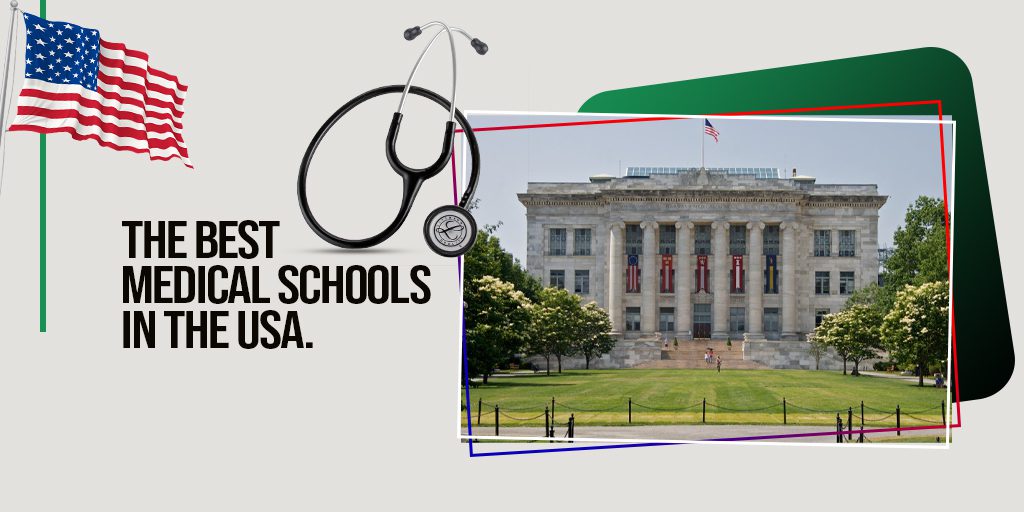The United States is one of the most popular destinations for international students seeking higher education. However, studying in the U.S. can be expensive, and many students look for ways to support themselves financially. Work-study programs offer a great opportunity for international students to gain work experience while earning money to cover some of their expenses. In this article, we will explore various work-study opportunities available for international students in the U.S., including eligibility criteria, application procedures, benefits, and challenges.
Understanding Work-Study Programs in the USA
Work-study programs in the U.S. allow students to work part-time while pursuing their education. These programs can be classified into two main categories:
- Federal Work-Study (FWS) – A government-funded program that provides part-time jobs to students with financial needs.
- On-Campus and Off-Campus Work Opportunities – Jobs provided by universities and private employers to international students based on visa restrictions.
Since international students are not eligible for the Federal Work-Study program, they must rely on alternative options such as on-campus jobs, Curricular Practical Training (CPT), and Optional Practical Training (OPT).
Types of Work Opportunities for International Students
1. On-Campus Employment
On-campus employment is the easiest and most common way for international students to work while studying in the U.S. It includes jobs within the university campus, such as:
- Library assistants
- Research assistants
- Campus tour guides
- Administrative office jobs
- Cafeteria workers
- Student dormitory assistants
Eligibility:
- Must be enrolled full-time in a U.S. institution with an F-1 visa.
- Can work up to 20 hours per week during the semester and full-time during breaks.
How to Apply:
- Check the university’s job portal.
- Visit the career center for job postings.
- Apply directly to the department offering the job.
2. Curricular Practical Training (CPT)
CPT allows F-1 visa students to work in internships or co-op programs related to their field of study. These programs are often integrated into the academic curriculum and provide hands-on experience.
Eligibility:
- Must have completed at least one academic year in the U.S.
- Employment must be directly related to the student’s major.
- Requires authorization from the Designated School Official (DSO).
How to Apply:
- Secure a job offer from an employer.
- Obtain approval from the academic department and DSO.
- Submit a CPT application with the university.
3. Optional Practical Training (OPT)
OPT allows F-1 students to work for up to 12 months in a field related to their studies. Students in STEM (Science, Technology, Engineering, and Mathematics) fields may be eligible for a 24-month extension.
Eligibility:
- Must have completed at least one academic year.
- Work must be directly related to the student’s field of study.
Types of OPT:
- Pre-Completion OPT – Work while studying.
- Post-Completion OPT – Work after graduation.
How to Apply:
- File an application with the U.S. Citizenship and Immigration Services (USCIS).
- Obtain an Employment Authorization Document (EAD) before starting work.
4. Off-Campus Employment Due to Economic Hardship
If an international student faces unexpected financial difficulties, they can apply for off-campus work authorization. This requires proof of economic hardship and approval from USCIS.
Eligibility:
- Must have completed one academic year.
- Must prove that financial difficulties arose after arriving in the U.S.
- Work is limited to 20 hours per week during the semester.
5. Internships and Cooperative Education Programs
Many universities in the U.S. have internship and cooperative education (co-op) programs that allow students to work with companies for academic credit. These opportunities are beneficial for gaining industry experience and improving employability.
Benefits of Work-Study Programs for International Students
Work-study programs provide numerous advantages, including:
- Financial Support – Helps students cover tuition, rent, and living expenses.
- Professional Experience – Enhances resume and career prospects.
- Networking Opportunities – Builds relationships with professionals in the field.
- Skill Development – Improves communication, teamwork, and leadership skills.
Challenges Faced by International Students in Work-Study Programs
While work-study programs offer benefits, international students also face challenges such as:
- Limited Job Availability – Finding on-campus jobs can be competitive.
- Visa Restrictions – Strict regulations limit work hours and job options.
- Work-Life Balance – Managing studies and work can be stressful.
- Cultural Adjustments – Adapting to the U.S. work environment may take time.
Tips for Success in a Work-Study Program
- Start Early – Look for job opportunities as soon as possible.
- Use University Resources – Career centers and academic advisors can help find jobs.
- Improve Communication Skills – Strong English skills improve job prospects.
- Follow Visa Rules – Always comply with work restrictions to avoid legal issues.
- Network with Peers and Professors – Connections can lead to better job opportunities.


